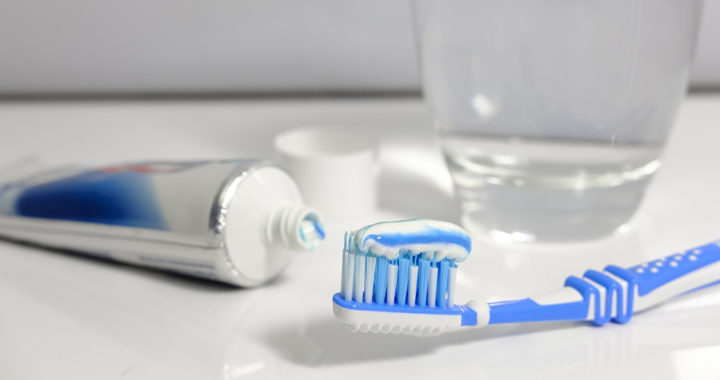In 2012, American public broadcaster and television program distributor PBS ran a story about the prevalence of tooth decay and gum disease in El Salvador.
Physicians Jessica Evert, Paul Drain, and Thomas Hall presented this same issue in their 2014 book “Developing Global Health Programming: A Guidebook for Medical and Professional School.” They mentioned that 60 to 90 percent of children in El Salvador suffer from tooth decay and gum disease.
The aforementioned book featured an interview with Dr. Karen Sokal-Gutierrez, a pediatrician and associate clinical professor at the University of California, Berkeley who has been working with a team of volunteers to extent healthcare assistance in El Salvador, specifically by training local health workers and providing medical supplies. Her work in rural areas revealed further that the rise of tooth decay and gum disease coincided with the explosion of soft drinks, junk foods, and even fast food in the country. Note that these food products are imports of Western multinational companies.
Cause: The expansion of multinational food companies in El Salvador
Market saturation currently pervades in developed countries due to the intensity of competition and changing consumer preference. This affects the sales performance of multinational companies within the processed food and fast food industries. The viable workaround is to enter new markets in Africa, Asia, and Latin America.
Nonetheless, the corporate watchdog news magazine Corporate Knights described how Coca-Cola and Pepsi-Cola have aggressively expanded in El Salvador—bringing with them their marketing strategies that made them successful in the Western markets. Note that aside from soft drinks, the PBS story and the book from Dr. Evart et al. mentioned that junk foods and fast food have become part of the local diet.
A troubling fact to note is that soft drinks, junk foods, and fast food are relatively cheaper than healthier alternative sources of sustenance. For example, the report from Corporate Knight mentioned that water is often more expensive than Coca-Cola or Pepsi products. Most water sources are also unsuitable for drinking. The PBS story also noted that junk foods are more accessible than healthier alternatives because they can be purchased from almost everywhere—from malls to the most remote villages in El Salvador.
The apparent addiction toward Western food imports and eating habits have promoted diseases related to oral health. According to the Global Burden of Disease Study from the Institute for Health Metrics and Evaluation at the University of Washington, tooth decay is the most prevalent condition among the surveyed 291 diseases from 1990 to 2010.
Apart from the popularity of food products imported from the Western world, Dr. Sokal-Gutierrez highlighted the fact that the lack of education about oral health and access to dental services are also factors affecting the prevalence of tooth decay and gum disease in El Salvador. Nonetheless, her team has been promoting oral health awareness. Instead of providing mere dental extractions and fillings, the team focuses on training health workers to provide counseling in proper feeding practices and oral hygiene.
Further details of the PBS story is in the video “In El Salvador, tooth decay epidemic blamed on junk food, lack of information” available online. Further details of the Corporate Knight story are in the article “The cola kids of El Salvador” by Roberta Staley. More information about the Global Burden of Disease Study are available in the GBD Publications of the Institute for Health Metrics and Evaluation at the University of Washington.
